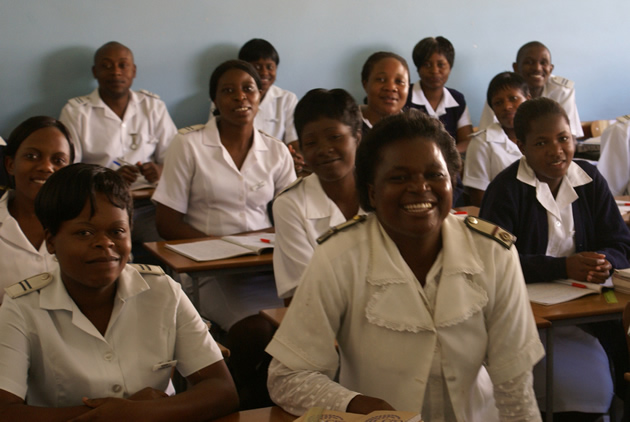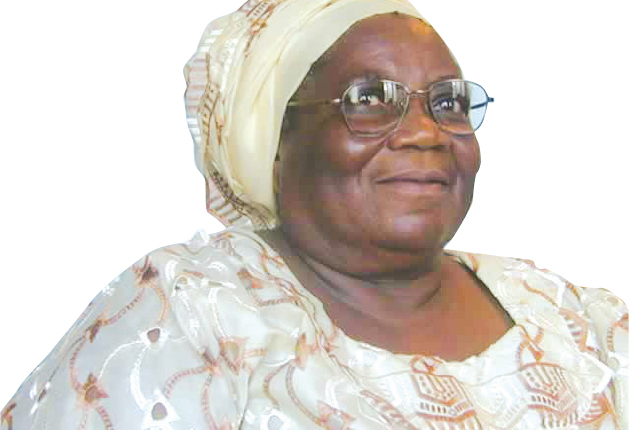Train nurses to do minor surgery

 Saul Gwakuba Ndlovu
Saul Gwakuba Ndlovu
Doctors at government hospitals returned to work a week ago after a three-week-long strike to press for an increase in their salaries which were $282 per month for housemen and $340 for middle level practitioners.
Junior doctors (housemen) were demanding a minimum of $1,200 monthly plus $180 medical allowances, free accommodation plus the right for each one of them to import a motor vehicle duty free.
At the time of writing this article, no statement had been issued by either the government or by the doctor’s organisation, the Zimbabwe Hospital Doctors’ Association to indicate what the two parties had agreed on.
Whatever the agreement may be, one fact is obvious about Zimbabwe’s public medical services; they are seriously underfunded, hence the shortage of medicines and essential equipment at most government hospitals.
The infrastructure also needs upgrading or replacement. Its derelict condition coupled with the rather low remuneration does not motivate professional staff hence the recent doctors’ strike and the publicly acknowledged poor nursing services at government medical institutions.
During the liberation struggle it was the wish and hope of most, if not every freedom-fighter that in an independent Zimbabwe medical services would not only be free, but easily accessible to every Zimbabwean.
It was hoped that after independence the country was going to rely on the mining sector to finance the health services through a socialist mode of production.
That was, however, a dream as not a single former freedom-fighter among those in the legislative or those in the executive, say anything about socialism anymore.
The present situation is characterised by individuals’ subjective interests whose selfish promotion has undoubtedly submerged progressive ideological sentiments that motivated former freedom fighters.
That apart, the country’s population is now about 14 million people more than double what it was when Zimbabwe became an independent state on April 18 1980, some 34 years ago.
Most of the people live in the rural areas whereas most of the country’s medical facilities are in urban centres where we find most of Zimbabwe’s medical professionals.
That is why many medical cases in the rural areas are referred to government health facilities such as Mpilo Central, Harare Central and others all of which are in urban centres.
It is advisable for the government to locate and staff most medical facilities in the rural areas, one in each province to begin, and follow that with locating one in each district, that would be followed by building one in each ward, and ultimately one in each cluster of hamlets commonly called a village and headed by a village head. The programme could cover a period of not less than 50 years and certainly not longer than 100 years.
Staffing such health centres cannot be a problem especially as far as nurses are concerned since Zimbabwe trains more nurses than the present government institutions can absorb annually.
There are about 500 unemployed nurses in the country.
The ward clinics would be under the supervision of a Rural Provincial Medical Officer (RPMO), a new civil service designation.
To avoid straining the RPMOs, the government can introduce a new course it could probably call Zimbabwe Senior Nursing Diploma (ZSND) Zimbabwe Advanced Nursing Course (ZANC).
The qualification could require say, about at least or at most three years after one has qualified as a state registered nurse, and could enable one to perform minor surgery cases.
Holders of such qualifications could be in charge of ward hospitals and village clinics, with the RPMDs being in overall charge of the province as the designation indicates.
The objective of this suggestion is two fold: To increase the number of clinics and hospitals so as to keep pace with population increase and to make medical services more accessible to the people in the rural areas.
The idea may be modified to suit Zimbabwe’s national budgetary constraints as well as to suit the inevitably varying population densities of each village, ward, district and province.
Many governments, particularly in the so-called Third World, usually promise to fight poverty, ignorance and diseases. But when it comes to the practical implementation of their programmes, the provision of affordable and accessible health services is seldom a national priority.
Salaries of the relevant staff are lower than that of politicians.
They seem to forget that for one to earn a wage or salary, one must be healthy.
One needs to be well physically for one to be able to study or research or be knowledgeable. That is what the famous Roman statesman and scholar, Juvenal, meant when he declared: “Orandum estut sit men’s sana in corpero sano” (Thy must pray for a healthy mind in a healthy body).
It is unjustifiable that several decades after we became independent, some of the citizens of this country have to go abroad for medical treatment.
It is also a sign of failure that some Zimbabwean mothers die while giving birth simply because they cannot get to the clinic or hospital because they are too far away.
This article is meant to stimulate thoughts and debate about how health services can be improved in Zimbabwe.











Comments